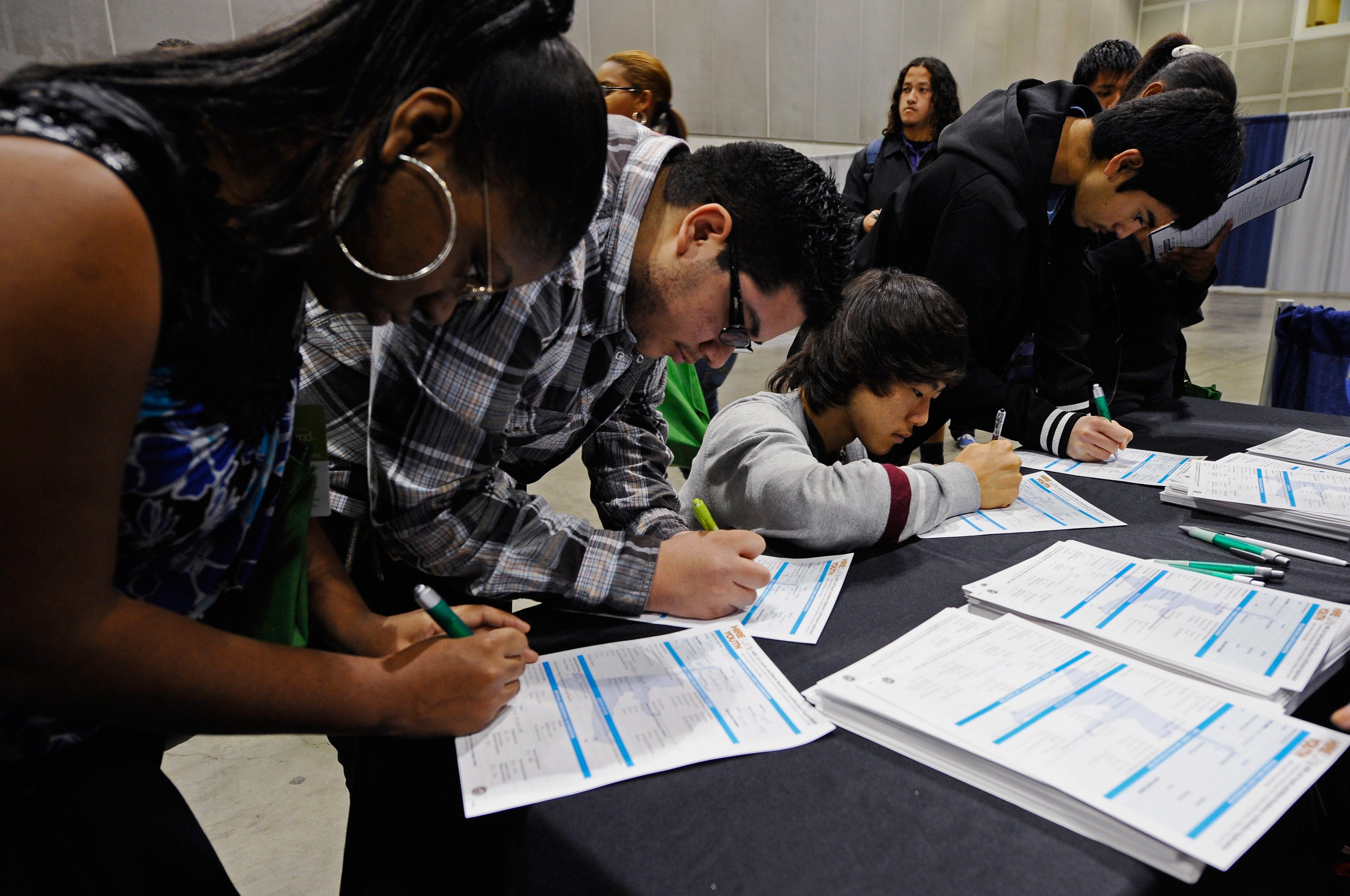Young black Londoners twice as likely to be unemployed as white counterparts
Independent and Evening Standard investigation reveals 37.4 per cent of black Londoners aged 16-24 are unemployed

Your support helps us to tell the story
From reproductive rights to climate change to Big Tech, The Independent is on the ground when the story is developing. Whether it's investigating the financials of Elon Musk's pro-Trump PAC or producing our latest documentary, 'The A Word', which shines a light on the American women fighting for reproductive rights, we know how important it is to parse out the facts from the messaging.
At such a critical moment in US history, we need reporters on the ground. Your donation allows us to keep sending journalists to speak to both sides of the story.
The Independent is trusted by Americans across the entire political spectrum. And unlike many other quality news outlets, we choose not to lock Americans out of our reporting and analysis with paywalls. We believe quality journalism should be available to everyone, paid for by those who can afford it.
Your support makes all the difference.Young black Londoners are twice as likely to be unemployed as their white counterparts with more than one in three going jobless, provoking calls for the government to “urgently address the appalling disparity”, a joint investigation by the The Independent and the Evening Standard reveals today.
Figures obtained exclusively show a staggering 37.4 per cent of black Londoners aged 16-24 who are economically active are unemployed, compared to 17.5 per cent of whites and 20.6 per cent of Indian, Pakistani and Bangladeshi youths. This is according to the Office for National Statistics, who drilled down into their database to determine the ethnic breakdown of London youth unemployment at our request. It comes despite record job vacancies at the end of the third quarter of 2021, with nearly 1.2 million jobs available countrywide.
A leading race equality think-tank called these statistics “appalling” and said the government has “a duty of care” to tackle racial discrimination faced by young black applicants. Dr Halima Begum, CEO of the Runnymede Trust, said: “These appalling figures confirm that the pandemic continues to disproportionately impact young black and ethnic minority communities. Our young black workforce are employed in insecure jobs in the gig economy and lack job security and are often the first to be let go. One in six BME men are in this form of work, compared with one in ten white workers. Government cannot abrogate its duty of care to black British families and must urgently acknowledge major employment fragility in ethnic minority communities. Until concrete steps are taken, gaps in youth unemployment will continue to grow.“
Their spokesperson added: “Evidence shows discriminatory attitudes are at the heart of higher rates of unemployment. This is underscored by evidence from curriculum vitae studies which illustrate an ‘ethnic penalty’ for job applicants who have names which suggest they are not white British. As a consequence, individuals from BME backgrounds had to submit on average 80 per cent more applications to receive a positive response from an employer than a white Briton.”
Duro Oye, CEO of 2020 Change, a youth empowerment social enterprise, said several factors needed addressing. He said: “Industries are missing out on young black talent because of unconscious bias in selecting candidates but also because they struggle to make them feel comfortable in the workplace once hired. BME youth often have no personal social network to guide them around the nuances of corporate etiquette and the result can be they lose confidence or feel they don’t fit. Many have never worked in an office, so this is a crucial moment for employers to make the office space more conducive. It means being more flexible and encouraging so they feel emboldened to make their voices heard.”
Join our commenting forum
Join thought-provoking conversations, follow other Independent readers and see their replies
Comments